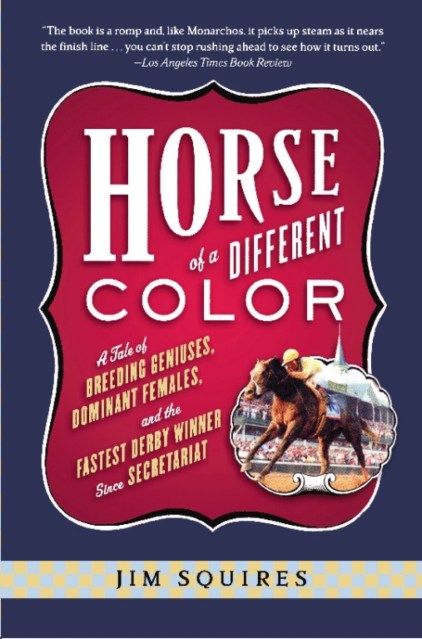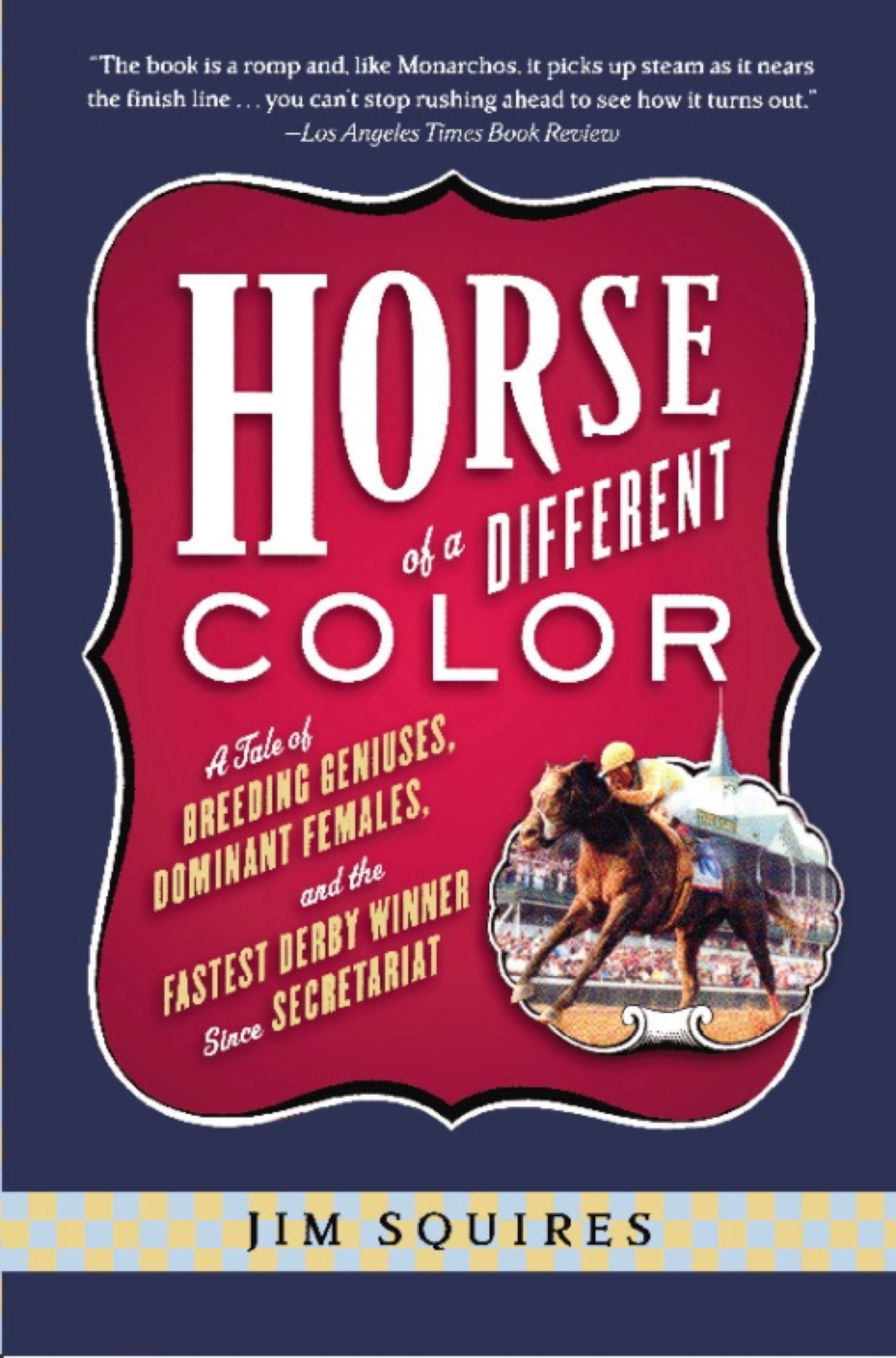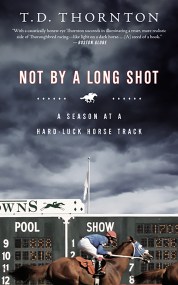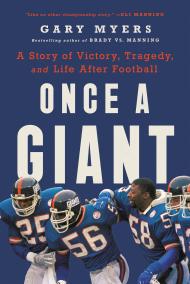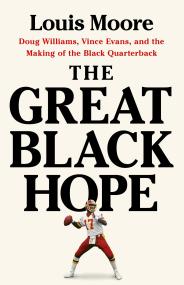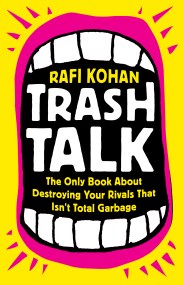By clicking “Accept,” you agree to the use of cookies and similar technologies on your device as set forth in our Cookie Policy and our Privacy Policy. Please note that certain cookies are essential for this website to function properly and do not require user consent to be deployed.
Horse Of A Different Color
A Tale of Breeding Geniuses, Dominant Females, and the Fastest Derby Winner Since Secretariat
Contributors
By Jim Squires
Formats and Prices
- On Sale
- Apr 3, 2003
- Page Count
- 320 pages
- Publisher
- PublicAffairs
- ISBN-13
- 9780786730476
Price
$9.99Price
$12.99 CADFormat
Format:
- ebook $9.99 $12.99 CAD
- Trade Paperback $21.99 $28.99 CAD
This item is a preorder. Your payment method will be charged immediately, and the product is expected to ship on or around April 3, 2003. This date is subject to change due to shipping delays beyond our control.
Buy from Other Retailers:
Jim Squires’s Horse of a Different Color tells the story of his wild ride from absurdity to glory at the pinnacle of horseracing success alongside Monarchos, the charismatic gray colt blessed with the extraordinary speed, poise, and stamina necessary to carry his motley band of human handlers to the highest level of their profession.
Squires takes you on an exciting journey through the close-knit and secretive world of horse breeders, buyers, sellers, owners, and trainers. And his hilarious tour of racehorse culture ends with a blazing sprint down the homestretch of the second fastest Derby in history in the company of a crowd of Kentuckians driven mad with “Derby Fever.”
Newsletter Signup
By clicking ‘Sign Up,’ I acknowledge that I have read and agree to Hachette Book Group’s Privacy Policy and Terms of Use
